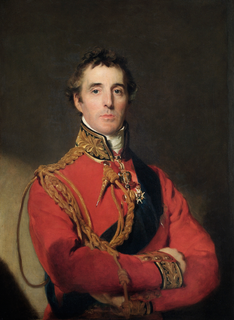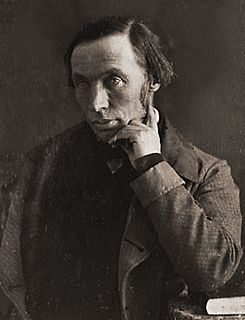A Quote by Samuel Johnson
Nothing detains the reader's attention more powerfully than deep involutions of distress, or sudden vicissitudes of fortune; and these might be abundantly afforded by memoirs of the sons of literature. They are entangled by contracts which they know not how to fulfill, and obliged to write on subjects which they do not understand. Every publication is a new period of time, from which some increase or declension of fame is to be reckoned. The gradations of a hero's life are from battle to battle, and of an author's from book to book.
Quote Topics
Related Quotes
This book, 'Free bird', is so entangled with politics. I wanted to channel my own internal political monologue in some way to get it out of my brain. I'm not happy that the themes of the book have become more relevant as the publication date nears. Most of it was written in 2014 or so, before the whole Donald Trump thing began. As people paying attention know, the rise of Trump and Trumpism is not an aberration or sudden kind of phenomena.
Because he did not have time to read every new book in his field, the great Polish anthropologist Bronislaw Malinowski used a simple and efficient method of deciding which ones were worth his attention: Upon receiving a new book, he immediately checked the index to see if his name was cited, and how often. The more "Malinowski" the more compelling the book. No "Malinowski", and he doubted the subject of the book was anthropology at all.
Anyone buying this book is going to be out a tidy sum if he is sucked in by the title. I wish I could write a real sexy book that would be barred from the mails. Apparently nothing whets a reader's appetite for literature more than the news that the author has been thrown into a federal pokey for disturbing the libido of millions of Americans.
You will want a book which contains not man's thoughts, but God's - not a book that may amuse you, but a book that can save you - not even a book that can instruct you, but a book on which you can venture an eternity - not only a book which can give relief to your spirit, but redemption to your soul - a book which contains salvation, and conveys it to you, one which shall at once be the Saviour's book and the sinner's.
I doubt if I shall ever have time to read the book again -- there are too many new ones coming out all the time which I want to read. Yet an old book has something for me which no new book can ever have -- for at every reading the memories and atmosphere of other readings come back and I am reading old years as well as an old book.
The history of a battle, is not unlike the history of a ball. Some individuals may recollect all the little events of which the great result is the battle won or lost, but no individual can recollect the order in which, or the exact moment at which, they occurred, which makes all the difference as to their value or importance.
The narrative image has more dimensions than the painted image - literature is more complex than painting. Initially, this complexity represents a disadvantage, because the reader has to concentrate much more than when they're looking at a canvas. It gives the author, on the other hand, the opportunity to feel like a creator: they can offer their readers a world in which there's room for everyone, as every reader has their own reading and vision.
He is no true reader who has not experienced the reproachful fascination of the great shelves of unread books, of the libraries at night of which Borges is the fabulist. He is no reader who has not heard, in his inward ear, the call of the hundreds of thousands, of the millions of volumes which stand in the stacks of the British Library asking to be read. For there is in each book a gamble against oblivion, a wager against silence, which can be won only when the book is opened again (but in contrast to man, the book can wait centuries for the hazard of resurrection.)
I didn't write professionally at first. It took me nine years to get anything published. At the beginning I mostly wrote picture books, which were rejected by every children's book publisher in America. The first book of mine to be accepted for publication was ELLA ENCHANTED, and not one but two publishers wanted it. That day, April 17, 1996, was one of the happiest in my life.
One of the things I want to do in the book is to explore how philosophy can be done in literature. I start doing that in the first chapter, by introducing the idea of "philosophy by showing". What literature/philosophy shows is how to look at some important facets of life in a new way, thus changing the frame in which subsequent philosophical argument proceeds.






































